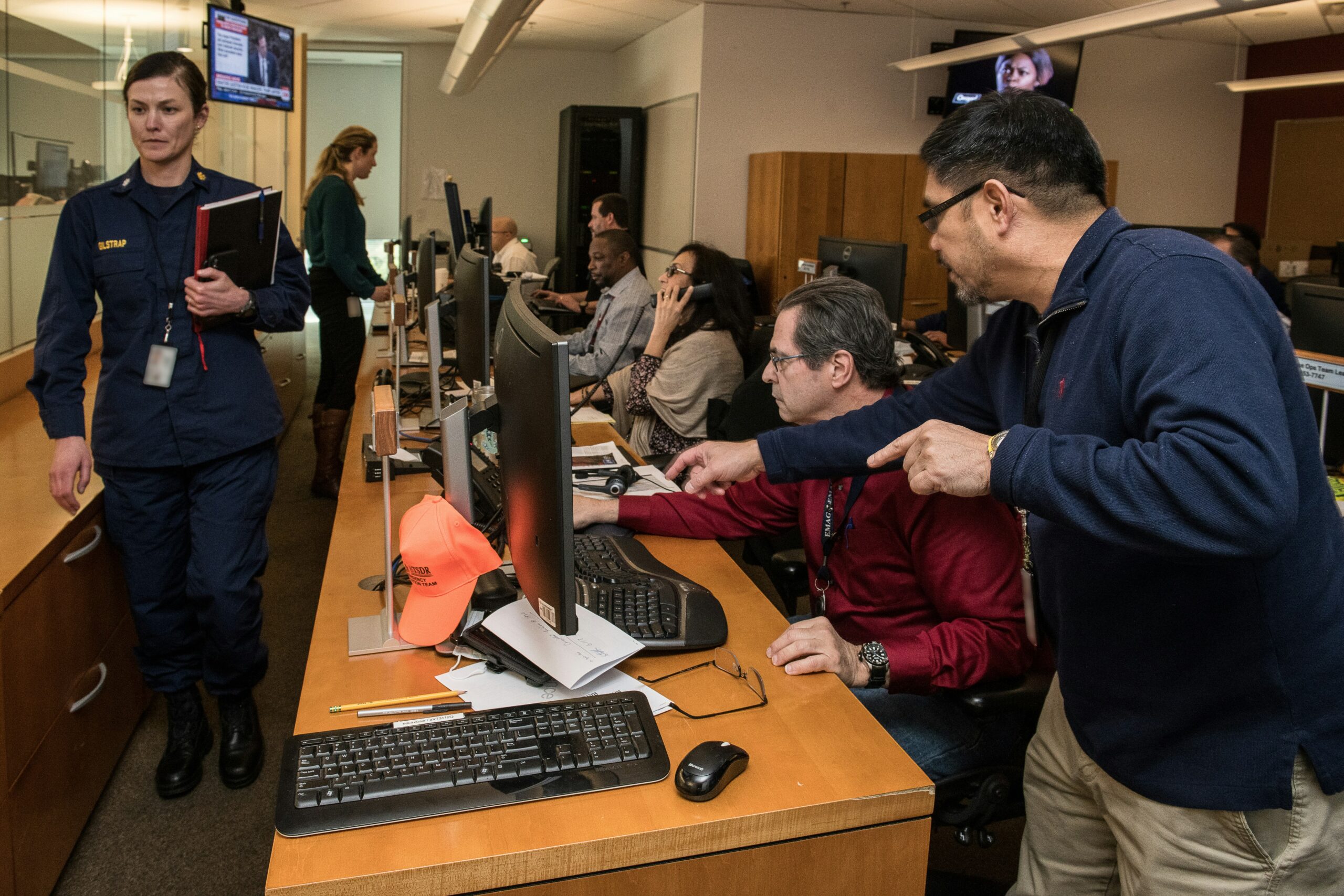
Excelling in school is often seen as a springboard to lucrative business, technology, or academic careers. Yet, many high achievers are finding their true calling in public service. Moving from the classroom’s structured environment to the dynamic and often unpredictable world of serving the public offers unique rewards and distinct challenges. By exploring this journey, we can better understand how academic excellence can fuel impactful leadership in communities, government, and nonprofit sectors.
At first, academic success may seem disconnected from the demands of public service. However, the habits, discipline, and curiosity that drive students to the top of their class lay the groundwork for careers centered on service, advocacy, and leadership. With the right mindset, top students can make a profound difference beyond classroom walls.
The Power of a Strong Educational Foundation
An excellent education opens doors and builds a foundation of critical thinking, research skills, and intellectual curiosity. These qualities are essential in public service, where complex problems rarely have simple solutions. Leaders must analyze data, weigh competing priorities, and simultaneously navigate political, social, and economic factors.
Additionally, success in school teaches perseverance. Tackling rigorous coursework and maintaining high standards demands discipline and resilience—traits that become even more important when facing the inevitable obstacles of public work. These experiences prepare top students to tackle systemic issues with tenacity and thoughtful strategy.
Broadening Horizons Through Service Opportunities
While academic achievement fosters critical thinking, firsthand service experiences deepen empathy and understanding. Participating in volunteer efforts, community organizations, or local government initiatives is invaluable for students seeking to transition to public service. These opportunities provide a window into citizens’ real-world challenges, from underfunded schools to healthcare inequities.
Furthermore, early service experiences teach adaptability and humility. Many high-achieving students are used to environments where hard work is directly rewarded. Progress can be slow in public service, and victories are often shared rather than individual. Learning to thrive in this environment is crucial for sustainable success.
Adapting to the Realities of Public Work
Even the brightest students can face a learning curve when entering the public sector. Bureaucracy, limited resources, and political constraints can frustrate those used in academic or corporate environments. Initially, the pace of change in public service may seem glacial compared to the fast-moving world of research or private enterprise.
However, new public servants can find innovative ways to drive progress by approaching these challenges with patience and a collaborative spirit. Rather than working around systems, effective leaders learn to work within them, leveraging their analytical skills and creative thinking to create meaningful change over time.
Developing Emotional Intelligence and Leadership
High achievers must develop strong interpersonal skills as they transition into public leadership roles. Academic success often rewards individual performance, while public service requires collective effort. Building coalitions, fostering trust, and listening deeply to diverse perspectives are essential to leadership.
Emotional intelligence plays a vital role here. Leaders who empathize with constituents and colleagues are likelier to inspire cooperation and drive effective solutions. Additionally, public servants must manage their emotional well-being, balancing idealism with resilience in the face of setbacks and criticism.
Building Relationships Across Sectors
No public leader operates in a vacuum. Successful public service often depends on partnerships with nonprofit organizations, businesses, community groups, and government agencies. Top students must learn to navigate these relationships skillfully, advocating for their vision while remaining open to collaboration.
Moreover, effective leaders understand that solutions require input from those most affected by policies. They can craft more responsive and equitable programs and policies by engaging directly with community members and seeking their perspectives. In this way, academic excellence meets grassroots wisdom to drive impactful outcomes.
Mentorship and Continuous Growth
Mentorship is crucial in helping high achievers navigate the complexities of public service. Experienced leaders provide guidance on everything from organizational culture to strategic decision-making. They also model the resilience and humility required for long-term success.
At the same time, a commitment to lifelong learning remains essential. Public service landscapes evolve constantly, shaped by political shifts, demographic changes, and technological advancements. Leaders who continue to expand their knowledge and adapt their approaches remain better equipped to serve effectively and stay aligned with community needs.
Balancing Personal Ambition with Collective Good
One of the most important shifts for academically successful individuals is moving from a mindset of personal achievement to one centered on collective progress. Public service rewards those who prioritize the well-being of others over personal accolades. For some, this transition requires deep reflection and a redefinition of success.
Fortunately, many high achievers find immense fulfillment in knowing their work improves lives and strengthens communities. By keeping this higher purpose at the forefront, they can sustain motivation and maintain perspective, even when the path proves challenging.
Inspiring and Empowering Future Leaders
As they gain experience, public servants who began as top students have the opportunity to mentor and inspire others. Sharing their journeys helps demystify the path to public service, encouraging more talented individuals to pursue it.
Their leadership also sends a powerful message: intellectual excellence and public service are not mutually exclusive. On the contrary, combining academic rigor with a passion for service creates leaders who are thoughtful, ethical, and effective in addressing society’s most pressing challenges.
The journey from academic excellence to public service leadership is demanding and deeply rewarding. While it requires adapting to new environments and embracing a spirit of collaboration, it also offers unparalleled opportunities to make a positive impact.
The rewards extend beyond personal recognition for those willing to take this path. They find meaning in the lives they touch, the communities they strengthen, and the systems they improve. Ultimately, their stories remind us that success lies not in individual accolades but in the lasting difference we make for others.